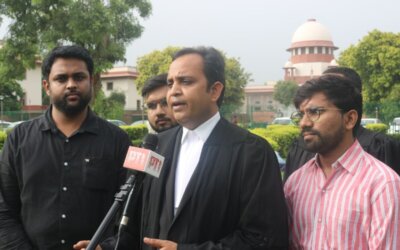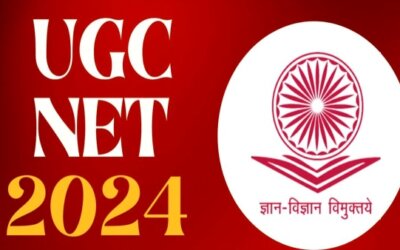New Delhi: UGC Guidelines on Examination dangerous and irrational
UGC recently issued guidelines specifying compulsory conduct of examination by the end of September 2020, either as online, offline or blend, with safety protocol. Detailed perusal of the UGC document reveals irrational and dangerous guidelines.
The reason cited for conducting final year/end of semester examinations in the document is for academic credibility and career opportunities. Such shallow understanding of education and academic progress brings into question the credibility of the ‘experts’ involved. Assessment of the students must be on a continuous basis and of comprehensive nature, instead of one-off examination with limited scope of assessment.
Furthermore, education is a subject of the Concurrent List and any unilateral decision by a federal body such as UGC is nothing but tampering with the federal structure of the Indian Union. In such critical times, UGC guidelines must be of advisory nature and the decision must be left to state governments to assess and decide best course of action in their respective states.
Online testing faces numerous challenges such as access to technology, which is severely restricted especially for students from rural areas and marginalized communities (geographical, economic as well as socio-historical marginalizations). Decisions prejudicial to large sections of students should not be made.
The rationale cited by the expert committee consulted by the UGC cites examples from different universities from countries such as Singapore, Australia, Germany, Canada, UK and US. These countries have a vastly different syllabus, course structure, assessment methods and access to technology from the Indian system. Drawing unfair parallels would not only be unfair, but also a faulty analogy.
Another problematic aspect is that of requirement of installing Aarogya Setu app for the students appearing for the examination. While the UGC’s assumption that all students would be in owning smart phones and have access to internet is ridiculous, the insistence by the government to use this app for everything, knowing the compromised nature of the app with respect to data security begs the question as to the government’s intention.
At a time when cases in India are steeply rising to a tune of over 25,000 daily, the decision by UGC brings into question its seriousness about the health and safety of the students. Any movement involves massive risk and to force tens of thousands of students to attended examination will be tantamount to playing with their lives and is deeply irresponsible. Given the situation of the pandemic, all examinations irrespective of course or year (no specific singling out of final year/final semester students) should be cancelled and grading should be done based on aggregate score on the basis on comprehensive continuous assessment.
CBSE pushing Govt-Sangh Agenda in the name of slashing syllabus
On the other hand, CBSE under direction of MHRD revised the syllabus and reduced it by 30 percent. Subjects such as political science, economics, geography, business studies, history, social science and covering topics like democratic rights, citizenship, secularism, nationalism, federalism, challenges to democracy, monopoly, demonetisation, GST, organic farming, climate change, growth of education sector, colonialism, partition, social movements, etc., were slashed for secondary and higher secondary classes in the guise of reducing syllabus. The manner in which topics were slashed exposes the priorities of the government and its nefarious agenda to divest the younger generation of the plural and democratic ethos and ideals along with depriving them of crucial and important knowledge. The citizens of India should pressurise the government against such undemocratic practises. On the other hand, whilst the government is proactive in reducing the syllabus, it must also reduce the fee the fee correspondingly as it will negatively affect large sections of the students.




0 Comments